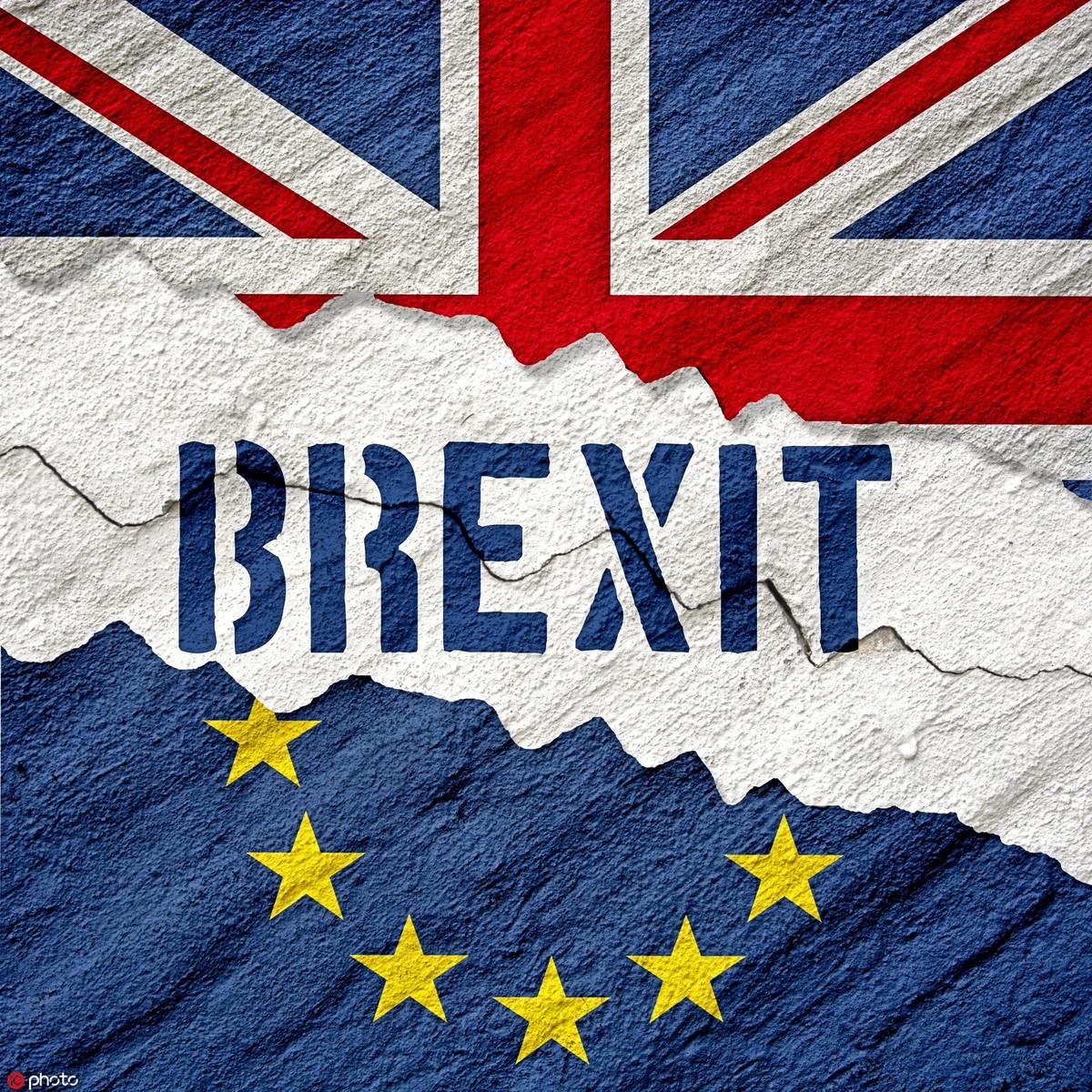Influx of new voters could sway UK poll
By Julian Shea in London | China Daily Global | Updated: 2019-11-26 09:17

Surge in registrations among the young, many against Brexit, may aid Labour
Amid the countdown to Britain's general election on Dec 12, figures show that there has been a surge in voter registrations, which could end up having a major impact on its outcome and the future direction of British politics.
Many new voters will be first-timers, too young to have voted in the 2016 referendum that was to settle the country's relationship with the European Union, which is widely regarded as being the most important single issue of the campaign. Considering how Brexit divides opinion along generational lines, new voters could be hugely important.
According to the government's own figures, between Oct 29, the day the election was called, and Nov 19, more than 2 million applications were submitted, with 35 percent of those being from people under the age of 25, and a further 30 percent from the 25-34 age group.
Last Friday saw the fourth-busiest single day for voter registration in the United Kingdom's history, with 308,000 people applying, of whom more than 200,000 were aged under 35.
When the election date was announced, critics pointed out that it was at the end of the university term, when many students would be returning home.
But Zamzam Ibrahim, the president of the National Union of Students, also known as the NUS, told The Independent newspaper that the message of the importance of registering and voting was being sent out loud and clear.
"We have been ignored by politicians, whether on Brexit, tuition fees or student accommodation, for too long. Enough is enough," she said.
"Students have been leading the way on all of these topics for decades and it is time that politicians caught up. This will only happen if all students are registered to vote."
The NUS has long been a vocal supporter of automatic voter registration for students at both their home and study addresses. The main opposition Labour Party would benefit from an increase in younger voters, according to a recent survey, and has made automatic registration a manifesto promise.
In the 18-24 age bracket, 45 percent of people questioned said they would back Labour, as opposed to 26 percent for the Conservatives. Among 25-34 year olds, those figures are 42 percent and 25 percent, respectively.
On Sunday, Conservative leader Boris Johnson launched his party's election manifesto, vowing to "get Brexit done" and "forge a new Britain".
The prime minister said his party would promise to negotiate a post-Brexit trade deal with the EU next year and would under no circumstances extend the post-Brexit transition period beyond the end of 2020, which some pundits have said could be seen as making a potentially damaging no-deal Brexit more likely.
Other key policies include a promise not to increase taxes and tighter controls on immigration. This election, which will be the country's third in five years, would be "closely fought", Johnson said, and the choice facing voters had "never been starker".
Meanwhile, the Labour Party has announced new rules to be applied to the property renting sector, to protect tenants' rights, including annual independent property inspections with the threat of heavy fines for substandard lettings.
"Labour will be on the side of tenants and take on dodgy landlords who have been given free rein for too long," said leader Jeremy Corbyn.
"Real change means taking on those who exploit the housing crisis to charge eye-watering rents for substandard accommodation.
"Labour will put power in the hands of tenants with our new charter of renters' rights, a cap on private rents and funding for renters unions to support tenants to organize and defend their right to safe and secure housing."
























